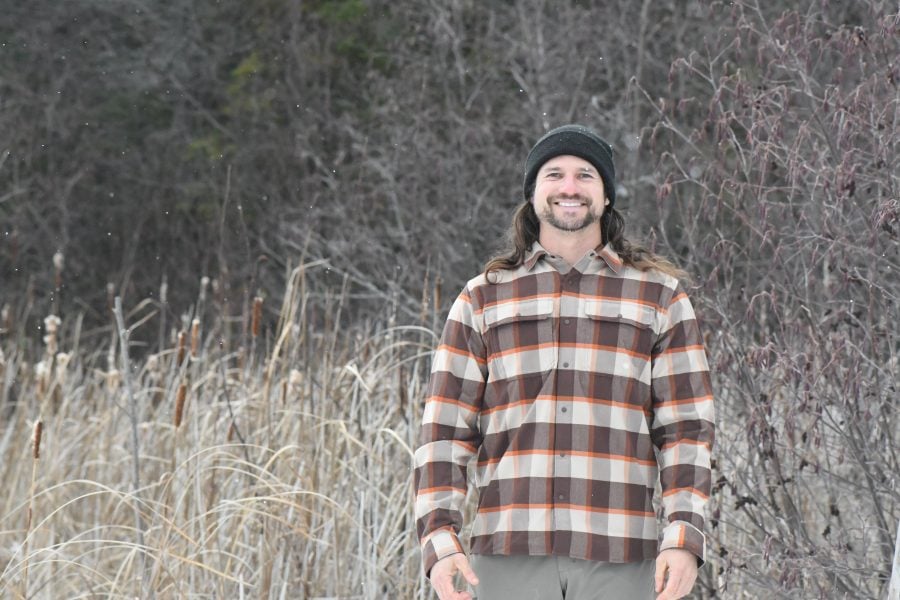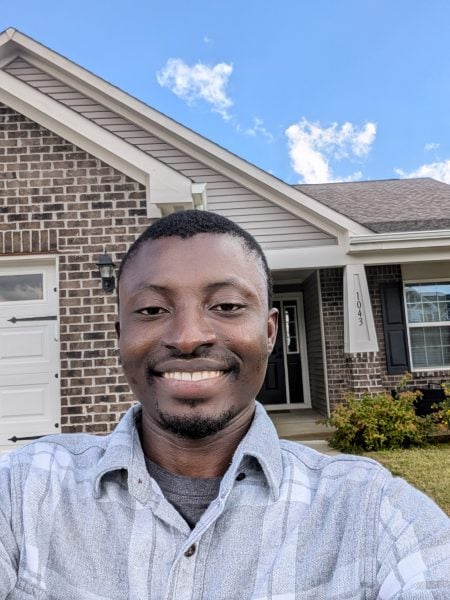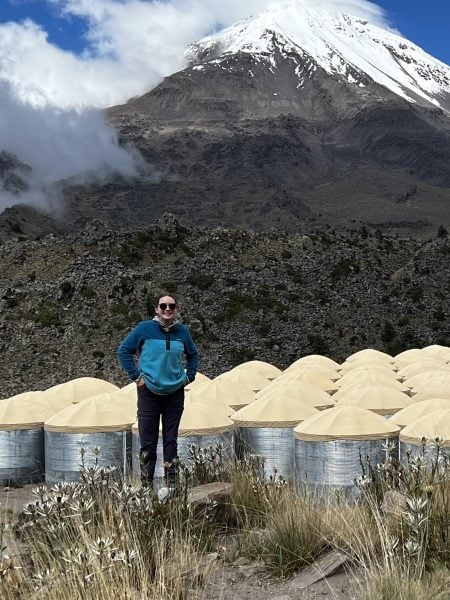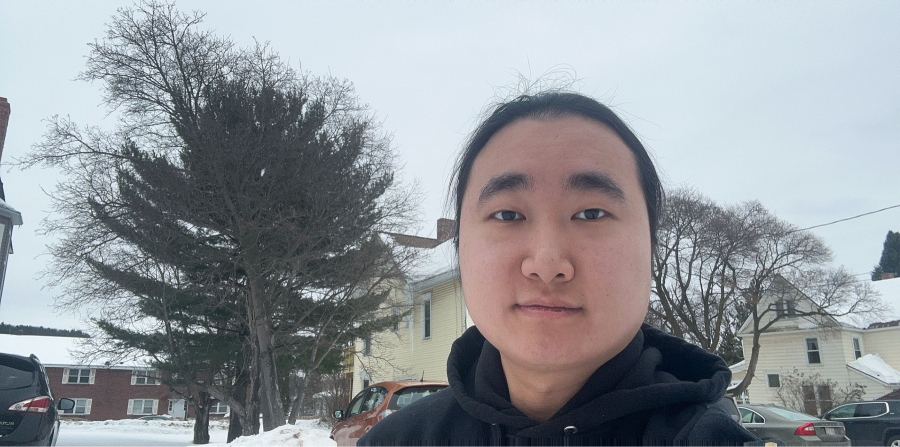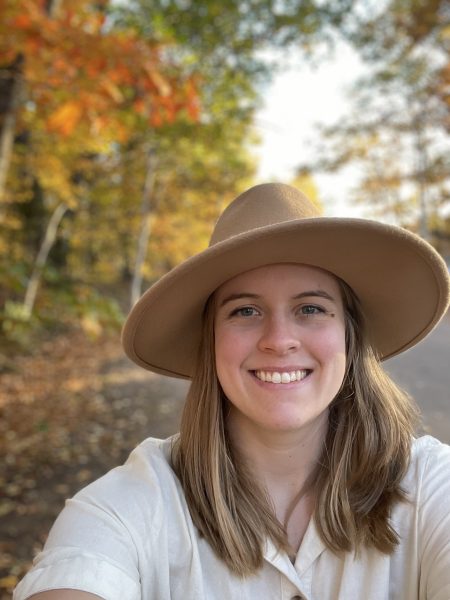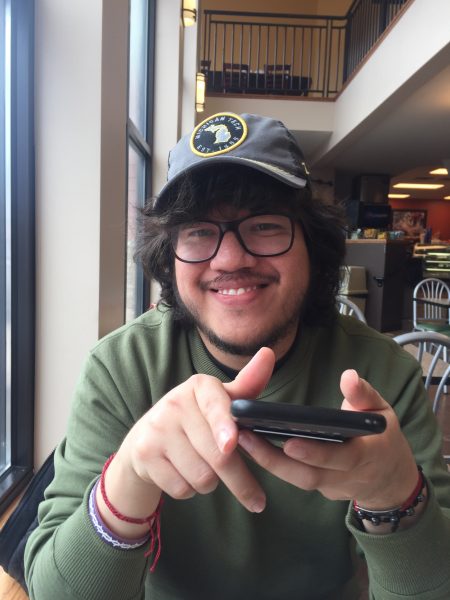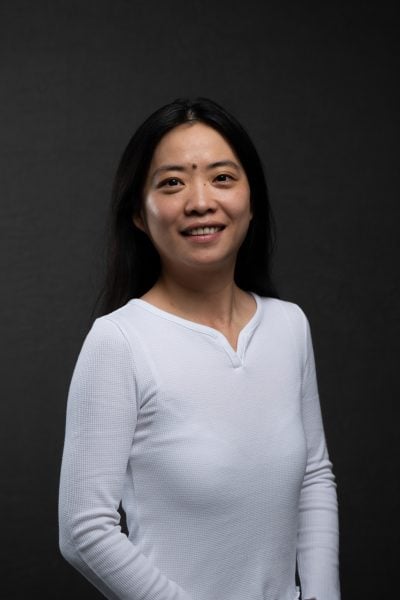Nominations are now open for the 2025 Council of Graduate Schools (CGS)/ProQuest Distinguished Dissertation Award. Please submit nominations to the Graduate School no later than 4pm, May 28, 2025, following our online instructions. This year, nominations are being accepted from dissertations in the fields of:
- Biological and Life Sciences
- Humanities and Fine Arts
Michigan Tech may nominate one student in each field. PhD students who have completed all of their degree requirements between July 1, 2023 to June 30, 2025, are eligible. The fields of competition for 2026 will be Mathematics, Physical Sciences, and Engineering; and Social Sciences.A nomination packet must be submitted by the department chair or college dean to our google form no later than 4 p.m. May 28, 2025. Contact Debra Charlesworth (gradschool@mtu.edu) if you have any questions about the competition.
